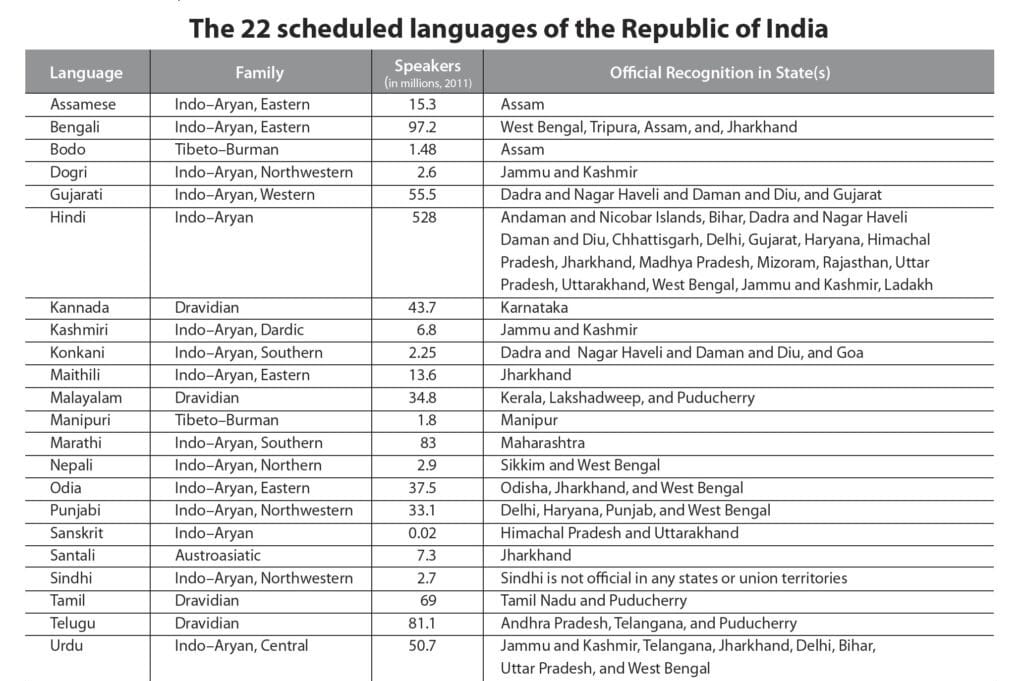Table of contents
Why in the News?
- A movement advocating for the use of the Roman script for Kokborok has been underway in Tripura since 2004.

- Widespread protests from students, indigenous communities, tribal forums, political parties, and the political opposition, led the Tripura Board of Secondary Education (TBSE) to permit the use of the Roman script for Kokborok language in examinations.
- Exam center supervisors will now accept both Roman and Bengali scripts for writing Kokborok.
What is Kokborok?
Kokborok is the language spoken by the Borok people belonging to the State of Tripura.
- The term kok means "verbal", and borok means "people" or "human".
- Native to: Northeast India, specifically the state of Tripura, and neighboring areas of Bangladesh.
- Number of Speakers
- India: Approximately 1.4 million.
- Bangladesh: Over 400,000.
- Language Family: Tibeto-Burman.
- Official Status: Recognized as an official language in the state of Tripura, India (alongside Bengali).


Roman Script; Regional distribution of Kokborok speakers
Historical Significance
- Possesses a rich history dating back to at least the 1st century AD, serving as the language of the erstwhile Twipra kingdom.
- Originally written in its own script, "Koloma," but its usage declined after the 14th century and is currently considered lost.
- Later adopted the Bengali script during the 19th century under the kingdom's rule.
We can't clear UPSC for you.
But with our personalised mentor support, you'll be ready to do it yourself.
Recent Developments and Trends
- Gained official language status in Tripura in 1979, leading to its inclusion in school curriculums and various educational institutions.
- A movement advocating for the Roman script had gained traction in recent years, sparking debate and contrasting stances from different groups.
- Tripura Board of Secondary Education (TBSE) has permited the use of the Roman script for Kokborok language in examinations.
- Both Bengali and Roman scripts are used in official and literary contexts.
There is a growing demand for its inclusion in the Constitution's 8th schedule, which would afford it greater recognition and support at the national level.

Cultural Significance
- Kokborok is much more than a means of communication.
- It embodies the cultural essence of the Tripuri people, from folk songs and tales to poetry and everyday discourse.
- It serves as a vessel for the community's collective memory, wisdom, and values, playing a crucial role in the continuity of their cultural identity.
The Importance of Preservation
The narrative of Kokborok is a testament to the resilience of indigenous languages and the importance of safeguarding them.
- As languages are integral to cultural identity and heritage, supporting Kokborok and similar tongues is crucial for promoting diversity and inclusivity.
The journey of Kokborok underscores the value of understanding and appreciating linguistic and cultural plurality, reminding us of our collective responsibility to preserve the world's rich tapestry of languages.
Previous Post